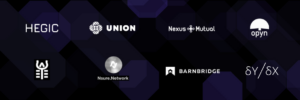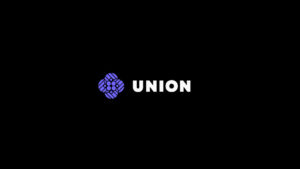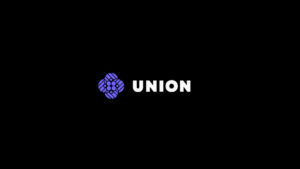If traditional finance is 80 percent people and 20 percent tech, and fintech is 20 percent people 80 percent tech, then DeFi is 100 percent tech.
The focus on tech is what makes DeFi exciting, but it also presents challenges. The tactics currently being used to make money in DeFi are inaccessible to the average person, high-risk, and expensive in terms of gas costs on the Ethereum network.
The total value locked (TVL) in the decentralized finance ecosystem has grown to over $9BN, more than a tenfold increase since the beginning of the year. Users are seeking out high-yield strategies across a host of different platforms, whether that be through lending, farming, or any other means. The number of strategies and platforms that users can take advantage of is ever growing, but they’re unable to deploy capital efficiently due to high gas fees and a lack of complete, frictionless financial markets.
There is a space between zero and a little human intervention where it’s possible to remove some of the imperfections from DeFi markets. UNION exists to do just that — address issues like cost, risk, and access, with the goal of making DeFi more user-friendly. Ultimately, we are trying to insure interactions in DeFi, drive down the cost of commodity transactions, to allow people to focus on higher-value things across the ethereum network.
Other DeFi insurance providers are covering what’s in the smart contract. But UNION imagines a world where each trade, each trade group, each portfolio, or each strategy could be tokenized and underwritten. If this were true, it could allow users to insure a path.
We start with two main problems:
⦁ The cost of gas prohibiting participation
⦁ A limited set of strategies causing congregation of capital and risk
The cost of gas
The demand to use the Ethereum network has risen to a point where it’s now prohibitive for all but the largest capital pools to actively participate.
When a user finds an opportunity to increase their yield, it often takes three or four separate transactions to exit the current strategy and enter the new one; for a user with $1000 in capital, the gas costs could easily surpass a year’s worth of yield.
In a complete financial market, smaller participants must be able to deploy and re-allocate their capital without high frictional costs.
UNION’s ecosystem addresses the problem of high gas costs by:
- Commoditizing demand for complicated functions
- Providing lower collateral coverage
- Reducing transaction urgency for gas.
We’re addressing the cost of gas, but introducing different problems in the meanwhile: the reliability of complex solutions in handling large amounts of capital.
We now have to address:
⦁ A limited set of strategies causing congregation of capital and risk
⦁ The reliability of for example a layer-2 solution when handling large amounts of capital
More on that in our next article.
We’ve so far covered the core motivations for building the UNION ecosystem: reducing friction and increasing composability.
Stay tuned for more info and follow us at:
Twitter: https://twitter.com/unnfinance
Telegram: https://t.me/UNNFinance
Telegram ANN: https://t.me/UNNFinanceANN





